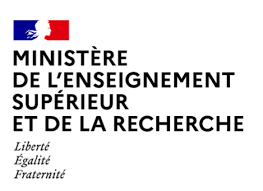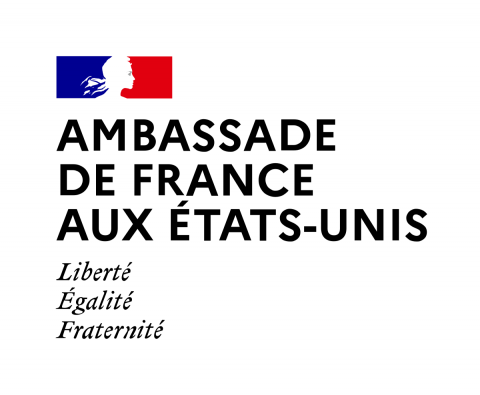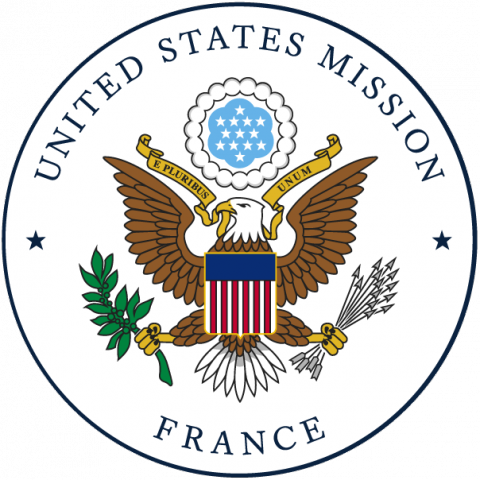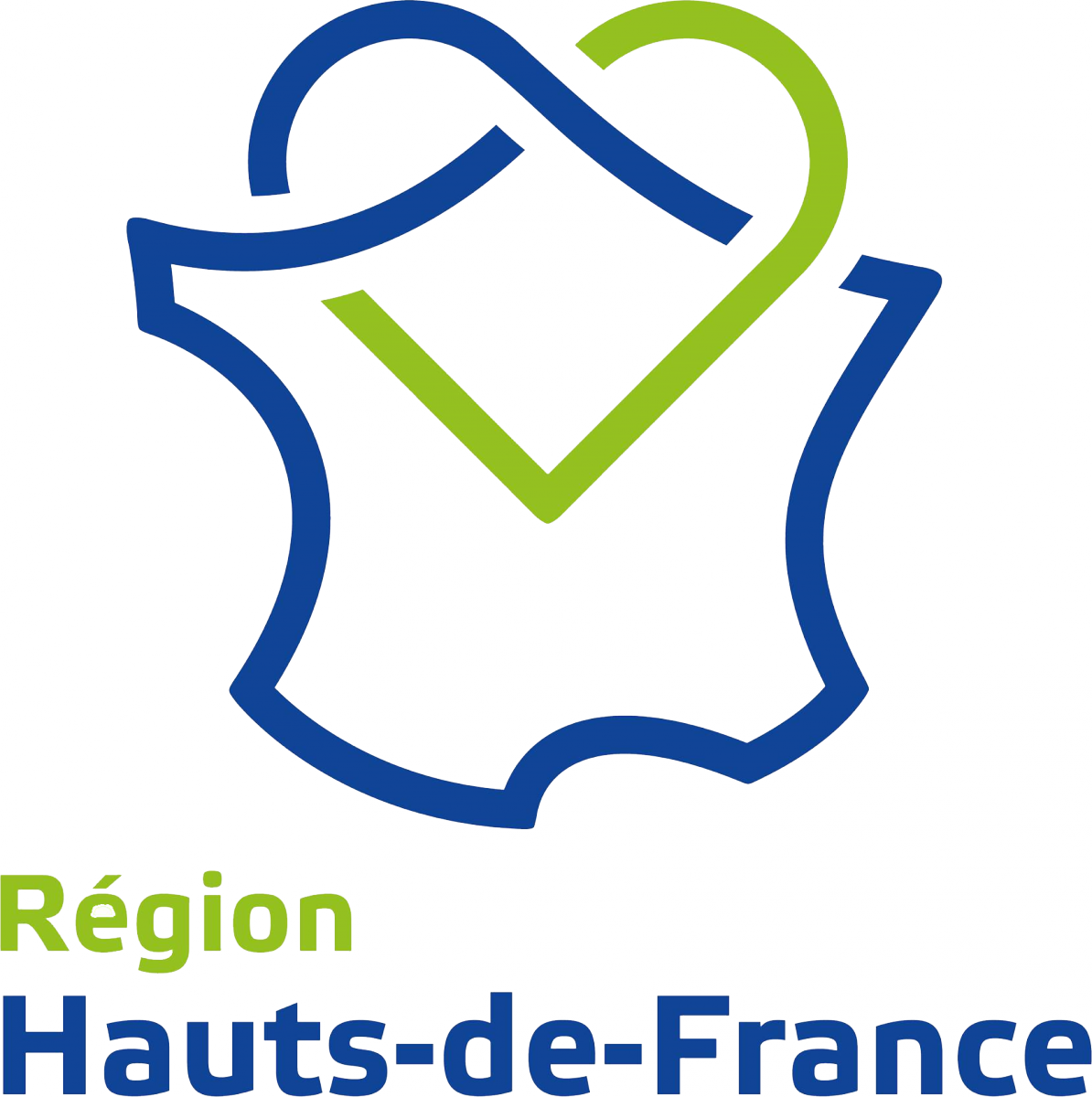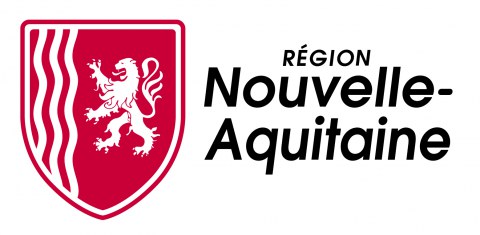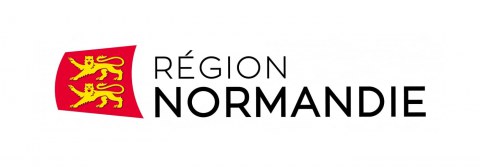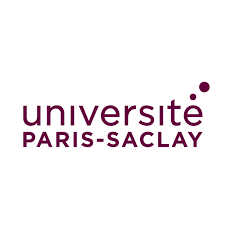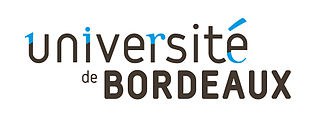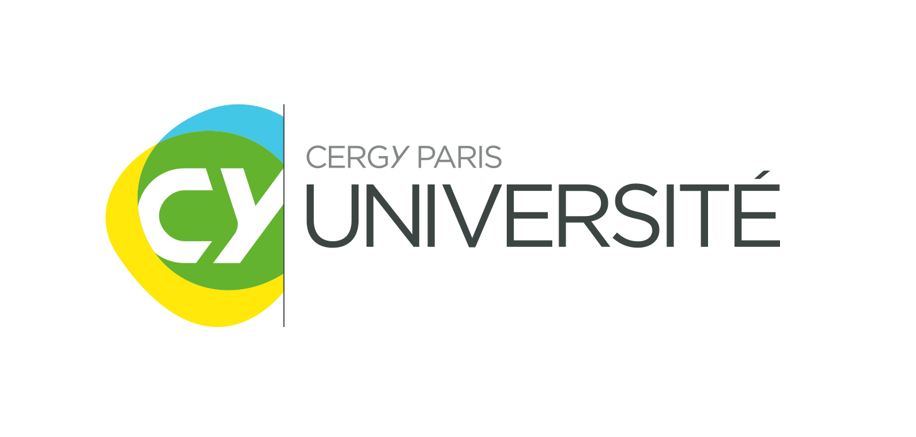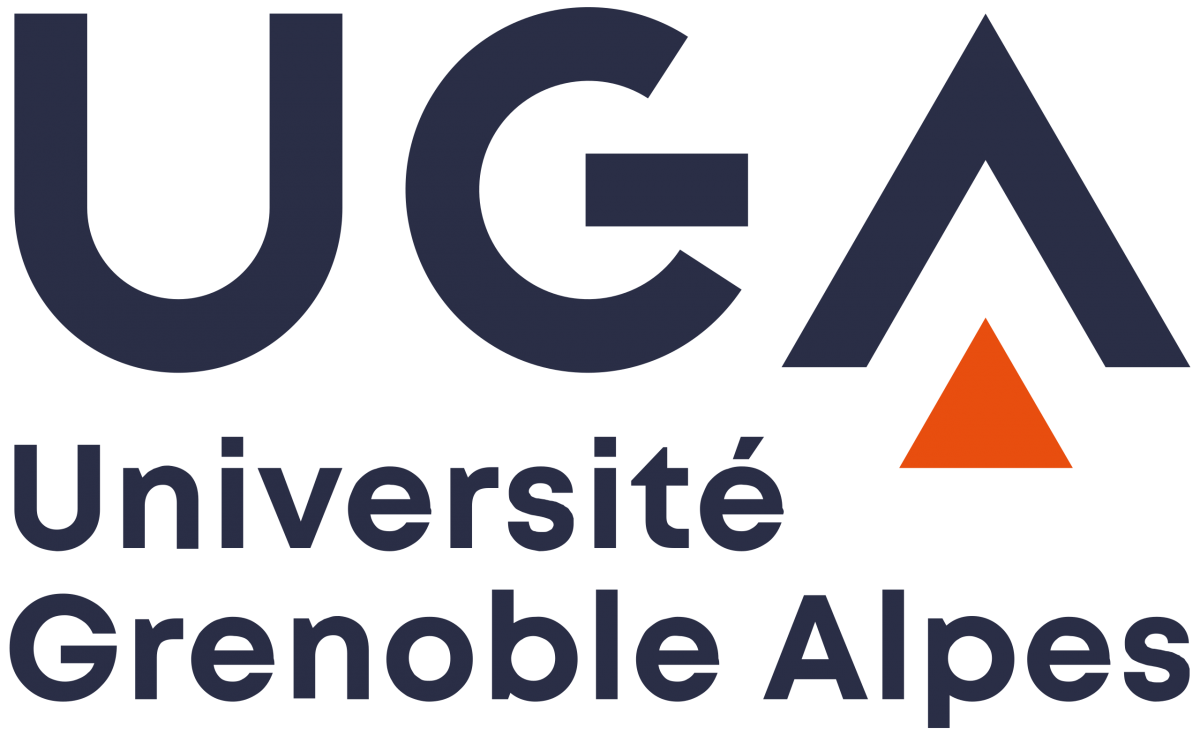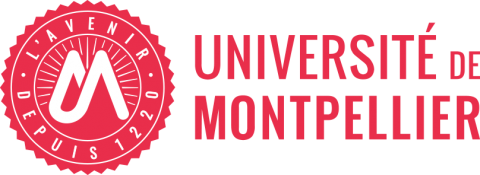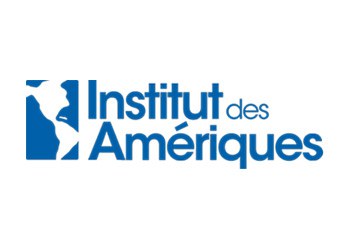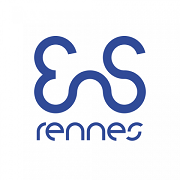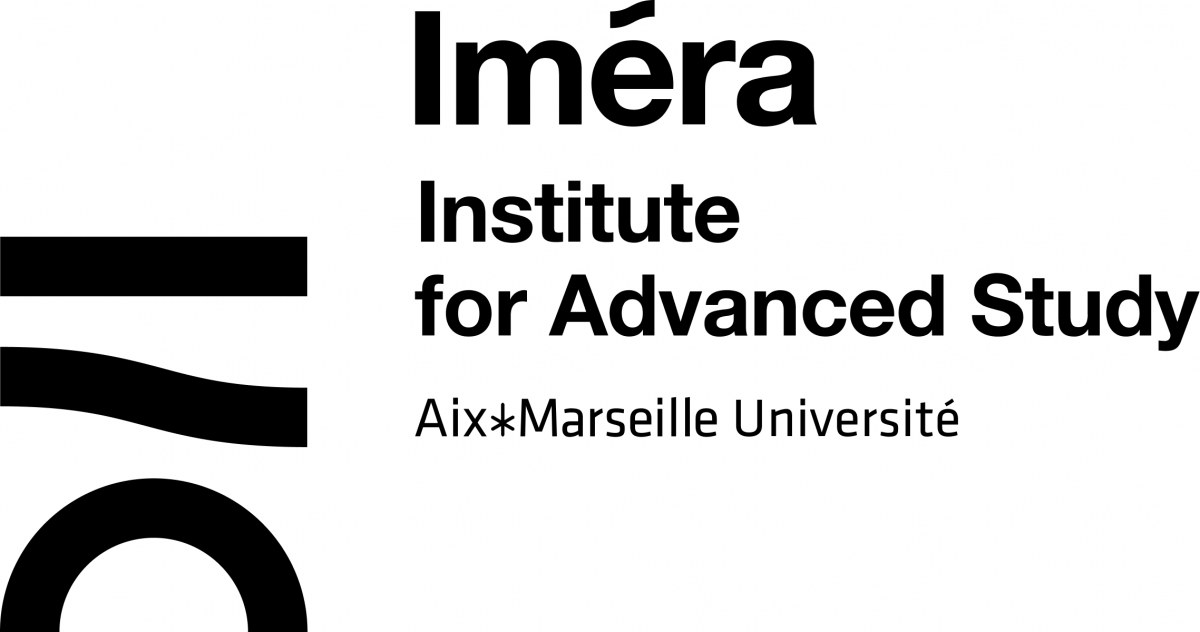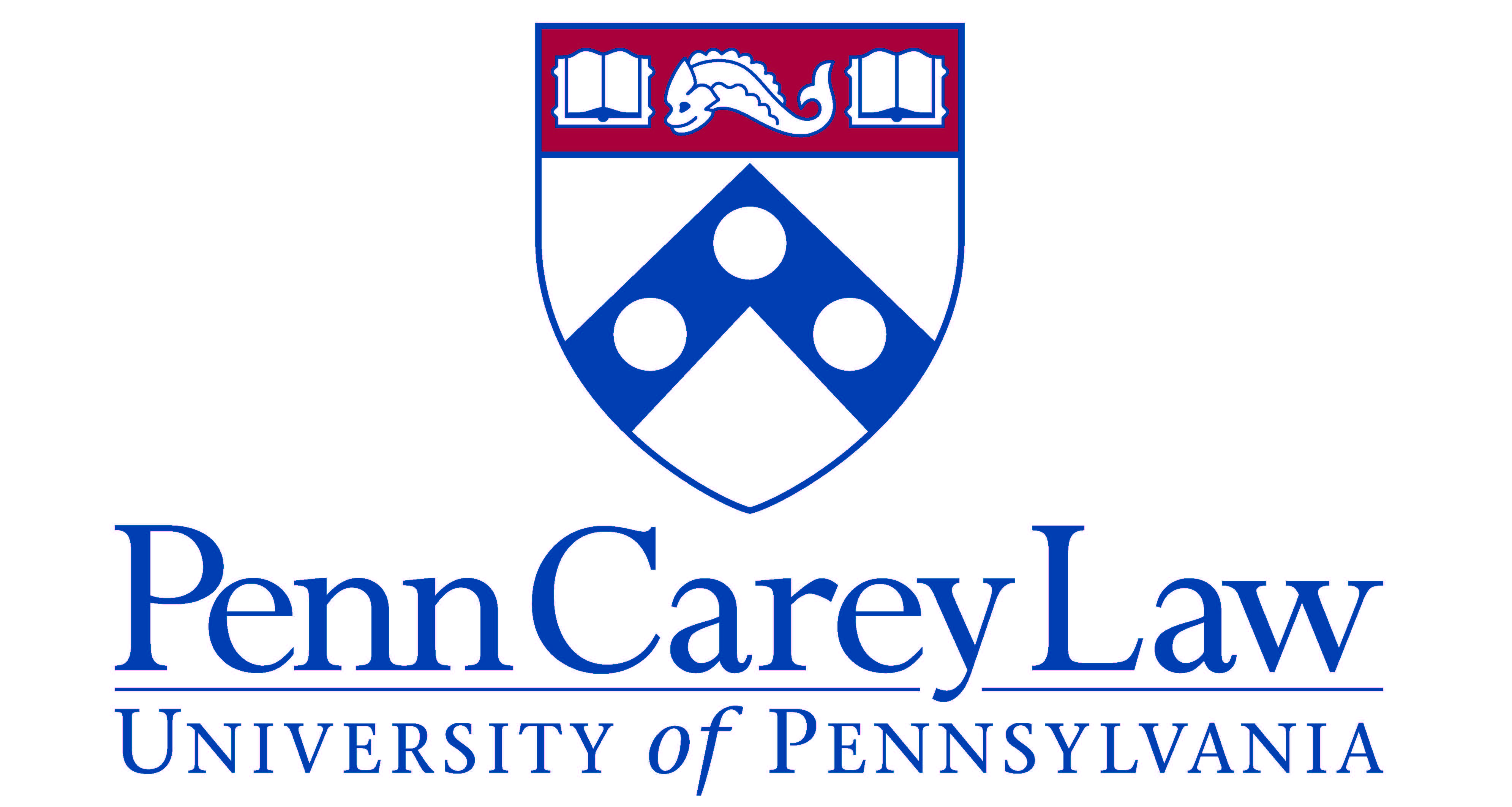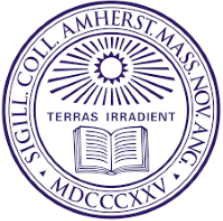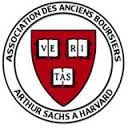The French education system consists of three stages: primary education, secondary education, and higher education.
Most French elementary and secondary schools, as well as a large number of universities, are public institutions that have highly centralized administrations. The curricula at primary and secondary schools are standardized across all schools for a given grade.
Formal schooling in France starts as early as age three, when many children attend kindergarten (maternelle). Day care (pré-maternelle) is available from age two.
While pré-maternelle and maternelle are not mandatory, all children must be enrolled in school by age six.
Primary school consists of five years of study, from approximately age six to age eleven (similar to a US elementary school).
After primary school, students move to the secondary level, which is divided into two stages.
The first stage, the collège, is composed of four years of study, for students ages eleven through fifteen (similar to a US middle school). Students receive a brevet des collèges upon its completion.
After the collège students attend the lycée (high school) for the final three years of secondary education. Students then take an examination to receive the baccalauréat (bac) qualification. The baccalauréat is equivalent to the US high school diploma, but differs in that it requires preparatory study.
After the lycée, students choose to pursue either a vocational diploma or an academic diploma.
Vocational diplomas:
The DUT (diplôme universitaire de technologie) and BTS (brevet de technicien supérieur) are two-year technology-oriented degrees. BTS courses are offered by high schools, whereas DUT are awarded by universities. A DUT or BTS may be followed by one additional qualifying year of study, leading to a licence professionnelle.
Academic diplomas:
There are three types of higher education institutions in France: universities, Grandes écoles, and specialized schools.
Universities are public institutions that offer academic, technical, and professional degrees to any student who has obtained a baccalauréat or its foreign equivalent. University study leads to degrees in many fields. Degrees are awarded at three different levels of achievement, called cycles, within a framework referred to as licence, master, doctorat (LMD), which is described in the following section.
The Grandes écoles are selective public and private institutions. They are similar to universities, but typically offer a more specialized three-year course of study, in subjects such as business, public administration, or engineering. Students are admitted to the Grandes écoles based on their scores on a competitive exam. Before taking this exam, students must have obtained a baccalauréat, and they often have taken a two-year preparatory course (cours préparatoires or prépas). Students graduate from a Grande école with a master's degree (master).
Specialized schools are public or private institutions that train students for professional careers in specific fields, such as art, architecture, social work, or tourism. They offer licence and master degrees.
The licence, a three-year course of study, is an undergraduate degree equivalent to a bachelor's degree in the English-speaking world.
After the licence, students can complete a master, a two-year course of study equivalent to a master's degree. The master can be a professional degree (master professionnel), e.g. law, business, or engineering, or it can be a research degree (master recherche), leading towards doctoral work.
Students holding a master recherche may complete an additional three years' coursework to qualify for a doctorat (doctoral-degree equivalent). The doctorat is obligatory for medical doctors, who receive a state diploma in medicine (diplôme d'Etat de docteur en médecine).

Source: CampusFrance
The LMD framework is the result of the Bologna Process to harmonize university qualifications in Europe.
While the previous system no longer exists, you may hear people refer to their degrees using the old terminology. Prior to the reform, the first two years of what is now the licence were referred to as the DEUG (diplôme d’études universitaires générales). The third year of today’s licence was referred to as the licence, and the fourth year as the maîtrise. Today’s master recherche was a year-long degree called a DEA (diplôme d’études approfondies) and the master professionnel a DESS (diplôme d’études spécialisées).
You may also hear students refer to their academic credentials in terms of how many years of study they have completed since the baccalauréat. For example, a master’s degree is a “bac plus cinq” (Bac+5).
There is no standard or official equivalency between French and American degrees. The following infomation is provided as a guideline:
An American high school diploma sometimes qualifies the student to enter an institution of higher education in France. The institution will rate its equivalency on a case-by-case basis.
An American associate degree often qualifies the student to enter during the first or second year at a French institution. The institution will rate its equivalency on a case-by-case basis.
An American bachelor's degree may be rated as equivalent to a licence. Certain institutions consider it equivalent to two or three years' study towards a DUT, BTS, or licence. This may, in turn, qualify the student for application to a master's degree program in a French institution. The institution will rate its equivalency on a case-by-case basis.
An American master’s degree qualifies the student to begin a second master's degree program in Europe or a doctoral degree program. The institution will rate its equivalency on a case-by-case basis.
An American doctoral degree (PhD) is considered equivalent to a French doctorat. The degree qualifies the researcher to begin a post-doctoral program or to teach in French instituions of higher education.
The Ministry of Education and the Ministry of Higher Education and Research are responsible for determining the equivalency status of foreign applicants to public institutions. To receive an attestation de niveau d'études, you may contact ENIC-NARIC if you live outside France, or you may contact your local rectorat if you live in France. Identify your rectorat, then consult its website to find the DARIC (Délégation académique aux Relations internationales et à la Coopération.
American degree equivalences may also be determined by the Franco-American Fulbright Commission, for a small fee (+33 1 44 14 53 60, couziel@fulbright-france.org). To obtain the document, you must submit a copy of your diploma, along with your transcripts and a full description of all your courses and the grades you received. All of these documents must be translated into French by a certified translator. When you apply to a French institution, you must include this attestation as part of your dossier.



